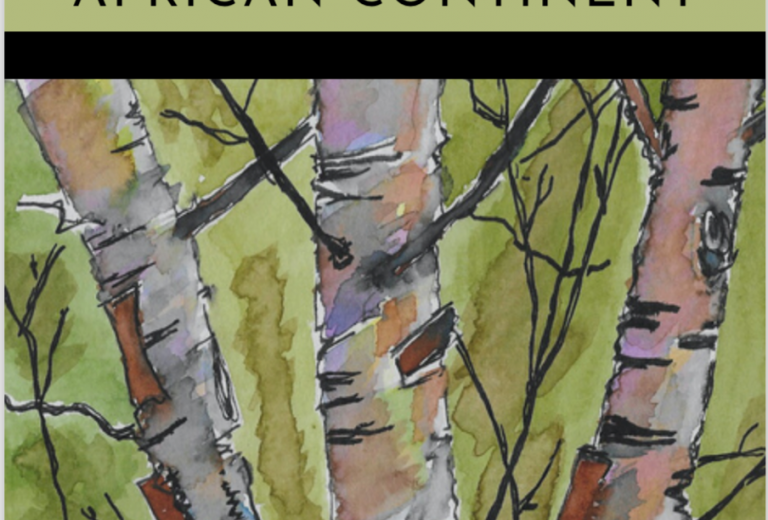Long before the emergence of the internet, the description of journalism as history in a hurry, which I first beheld in the writing of a senior Nigerian journalist over two decades ago, sounded more curious than interesting. But it is true. News break and evolve all the time, and as they do, the journalist is in a race to report and update as they unfold, and it is even truer in this age of the social media where the desire to be the first to break the news by journalists has, for some, been something of a mad obsession.
But the ability to successfully and correctly achieve this, in-spite of, at times, overwhelming odds, deserves praise. And not just journalism but writing and research in general. Which is why I initially wondered about a report titled Re/Generation: Perspectives on COVID-19 from the African Continent, a work edited by C.M Kelshall & A. Makosso, and featuring Emamsy Mbossa Ngossoh, an African of Congolese descent who recently graduated from Columbia University. He and other contributors are described as “intellectual thought leaders of the future mixed with cross-generational reflections,” in an introductory line of the work published by the Canadian Association for Security & Intelligence Studies, Vancouver.
As the coronavirus-officially designated as COVID-19 by the World Health Organization-is a relatively new subject that crept into world consciousness a little over seven months ago, efforts at grappling and researching into the disease’s killer ways, given the avalanche of lives it has claimed globally–over 650,000 as at July 29, according to the World Health Organization, has been an ongoing engagement of not just journalists but many in different sectors struck, as it were, by the “novel coronavirus.”
In a world largely alarmed by the devastating nature of the virus, efforts to unravel or showcase it for whatever it is, even with daily updates on the disease by the media, is important not just as a matter of record for generations to come, but one which people, even in this early times, should consult for answers. For, truth is, as fear invoking as it is, COVID-19, in some people’s view, still doesn’t just add up. History may get to prove the veracity or tomfoolery of such mindset but I bear witness to the fact that, in my lifetime, few incidents have sounded more hoax than it. There are many across the world who dismiss stories about COVID-19 as fake, refusing, they say, to be sucked into the fairy tale. And even for those who subscribe to the stories, some reject the idea that African leaders, in-spite of the relatively lower COVID related death rate in the continent compared to other regions, have shown any exceptional leadership in curtailing it. Though Ngossoh, in his report titled: ‘COVID-19: THE LAST CALL FOR GOOD GOVERNANCE IN AFRICA, points out that “African countries such as Senegal, have demonstrated agile and courageous leadership by implementing preventive measures(ban on all events, school closures, screening and quarantine measures) 10 days after the first coronavirus case” and “Madagascar, Tanzania, or Cameroon did not hesitate to support the use of their local traditional practices-plants and mineral substances-to prevent and treat the coronavirus disease(Ekonde 2020; Mugabi 2020),” there are many, including Africans, who insist the low rate is just an act of God or luck. The critics argument is in view of the known poor leadership by African leaders over the decades which has brought untold misery and poverty on their people. With arguably the scariest health statistics globally, and one where the quality of life compared to most, if not all other continents is abysmally low, it’s a wonder, the doubters insist, that anyone should ascribe the low coronavirus related deaths in Africa to any exemplary leadership by the leaders.
Beyond Ngossoh’s work are contributions from the likes of Aicha Araba Etrew, Dagless Kangero, Susan Aluel, Zain Verjee, Aureole Collinet, Linda Bau Mesembe, Aminatu Ismaila Aliyu, Usman Luqman and others. Combined, they make up the 178 page book – placing them among front runners–writers and researchers whose viewpoints, no matter the focus or perspective, challenge our mindsets and make us try to make sense of this strange phenomenon called COVID-19.
Being able to do this, for many, would be pacifying indeed, I guess.
COVID, Death and the Leadership Question
By Anthony Akaeze
5. August 2020

